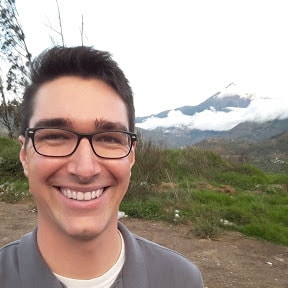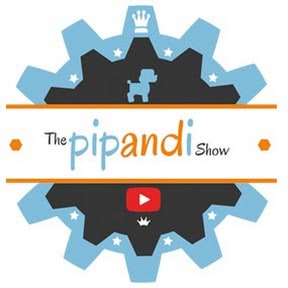Any nerd can tell you that SEO means “search engine optimization” but in a more practical sense it means that you have to do a lot of unexpected things in order to be ranked high on Google. Since Google traffic often amounts for over 80% of a website’s traffic, SEO is as big of a deal as you can imagine.
SEO is the topic of hundreds of books, conferences, and tests, but here is what you need to know:
• When Google sees a short article of 600 words or less, it assumes that the article is not the authoritative source of information on that topic. Generally, length is a good thing as long as you don’t bore the reader.
Not everyone sees this same result. Many bloggers find that short posts do well, but when I look at the top 10 articles on my blogs for search traffic, they have an average word count of over 1,500 words! Your mileage may vary, but my experience is that length is a good thing.
• Links to the website and the specific page are the number one determinative factor in ranking a website or page. When you write an article, link to it from your personal blog, your social media, your friend’s websites, ask or links, etc. Links are king.
• Search engines also like to see that you link to other authoritative articles on other websites. This helps Google to know what your page is about. It feels reassured that it knows the topic when you link to other articles on the same topic. Be wary that you only link to high quality websites or else Google gets wary that you aren’t a high quality website either. 3 to 5 links to other sources is a good general rule.
• Google can’t see, so it doesn’t know what a picture represents. However, when you upload a picture, you can add an alt tag in the metadata describing the picture. This is an important place to put keywords.
• The title of the post needs to be catchy, but it also needs to explain clearly to Google what the post is about. Google figures the title is its best chance at learning what the topic is. Similarly, you can add a description metadata tag that describes the post. Be sure to use keywords in the sentence.
• Choose your first 3 sentences carefully. Google hunts through those sentences carefully to see if you are writing about the same thing the title claims. It does this to prevent SPAM.
• Freshness and breadth of content is a main determining factor. This is why we are more powerful when writing as a team. Our individual sites may not get much Google traffic because there is insufficient content, but if we work together, we can get Google to pay more attention to us.
• Time. This is the toughest part about starting a site. Google doesn’t trust new sites because you haven’t proven yourself. We likely won’t get any real traffic for the first 6 months, but suddenly Google will open the floodgates.
Error processing API data.







